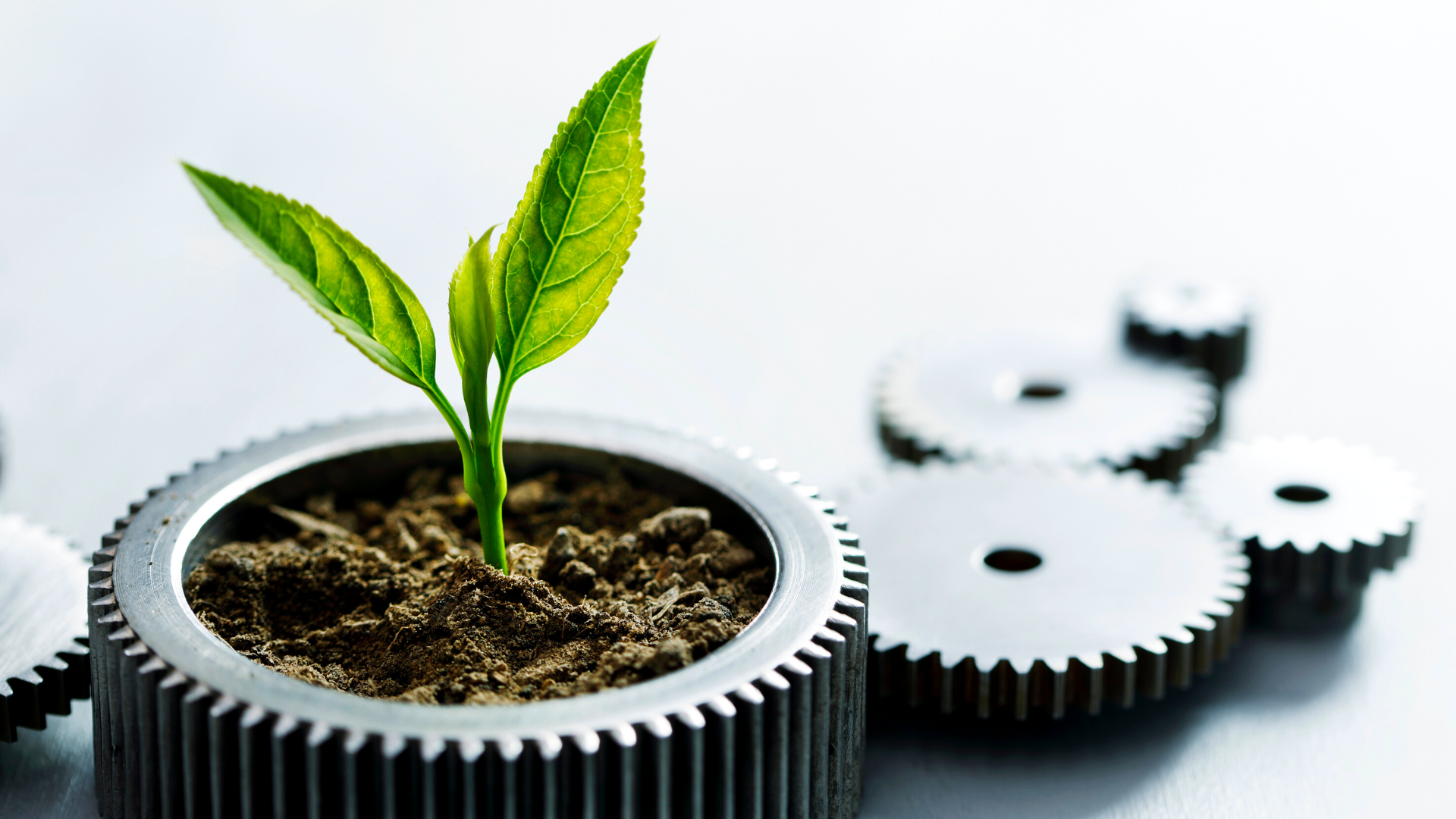Five underrated reasons on why sustainability education is important to kids

In the current times, the changing equation between environment and climate requires society to introduce eco-innovation and a practice that solely focuses on sustainability. While social movements and other initiatives could be an effective way to fight this problem, I believe we have an even better medium that will reflect positively on sustainable changes, not just for today but for many years to come. This medium is none other than children who we regard as futurists of the world.
Indeed, it can be quite a challenging responsibility for educators. This is because; educators need to grow the essence of sustainability and make children self-aware, eco-conscious and confident to tackle these environmental issues. This leads to a great question – why is sustainable education important and how can we incorporate such healthy practices? This column will explore some of the underrated reasons to introduce your children to these practices and create a healthy relationship between science and children!
Symbiotic relationship – Humans and Environment
Although the environment is an essential part of our daily lives, considering it provides us with food, shelter, air and sustenance, its values are only ignored. Trees are the primary source of food, lumber, oxygen and support many diverse ecosystems. The water cycle will come to a halt without trees, leading to massive droughts and floods. Despite this, statistics reveal that forests have declined by over 30 percent where over 15 billion trees are cut down. All of this overwhelming information should only make us aware of our responsibility and take the initiative to pass on healthy practices to our children.
With modern society heavily intertwined with nature, students mustn’t be careless or be the cause of any damage to the environment. When schools introduce partnership programs, students will receive hands-on experience to explore how humans and the environment have a co-dependent relationship, and this should be preserved. For instance, children could learn to work with edible garden spaces, allowing them to produce some harvest of their own. They could explore and understand further the edible landscape with their very own home garden. Such experiences will only shape their beliefs and practices in the future.
Cultivating sustainable life skills
When educators present students with programs that deal with agricultural lab and other environmental projects, they will be curious to find out more about this subject. Such inquisitiveness will strengthen their relationship with nature and enable them to develop eco-friendly skills for the future. Through such programs, kids can learn how to produce their food, the importance of conserving resources and how one can choose sustainable products. When kids indulge in such activities, it will leave a profound impact to lead environment-friendly life pathways.
Today, many universities and colleges offer degrees on sustainability, whose demand has dramatically increased in the last few decades. Many students pursue careers as environmental scientists, biologists and researchers. Energy, agriculture and manufacturing are some popular career pathways in the sustainability division. Hence, giving children a kick-start with early sustainable education will instil a sense of cultivating essential life skills, making them better prepared for their successful careers.
Society and nature – striking equilibrium
Another crucial reason to incorporate such practices in student curriculum is the potential for them to identify and develop their sustainable business endeavours. This will only lead to a more eco-friendly societal future. Students in the past were not aware of such career opportunities as they had limited academic knowledge of sustainability. Sometimes, they weren’t even aware of how production businesses affect the land. However, this is dramatically improving. Such a curriculum will allow students to explore the real world, outside their classrooms through the three pivotal pillars of environment, society and governance. This will bridge the gap between education and sustainability.
Respect for the planet
Earth is going to be the home for the next few generations. Hence, it has become all the more important to learn more about it and introduce methods to protect the land. Sustainable education is important as this will make students respect their habitat. Some ways to start could be learning about its history, functions and ways that can help the land flourish and prosper. What students believe and act can be a direct reflection of what they learn at their school. Hence, educators must have unique and interesting ways by which sustainable development becomes a major component of their curriculum. When students learn to respect the planet, they will automatically be aware of practices like littering, pollution, wasting food and other resources. These efforts can give children a new-found mindset with a commitment to preserve the planet.
Future adaptation and preparation
The way the environment functions now may not necessarily be the way a few decades from now. While predictions cannot give any promises, education can! Knowledge can be a great tool to make future changes and prevent any further damages. As parents and educators, one can give children this tool to unleash an ability to survive in an unknown landscape. Most importantly, it is kids who will go on to become future researchers, activists, business owners and scientists, having a stronghold on the resources. Sustainable education will equip children with both basic and advanced knowledge in changing our surroundings with a sense of self-sufficiency, empathy, concern and conservation.
In line with this, we at Capital University College are proud members of Principles Responsible for Management Education (PRME), a United-Nations driven initiative which works towards providing a sustainable environment to school, universities and other education centres. The university has summoned this renowned platform as a medium to raise awareness and cultivate sustainability as an essential aspect amongst their students and faculty.



